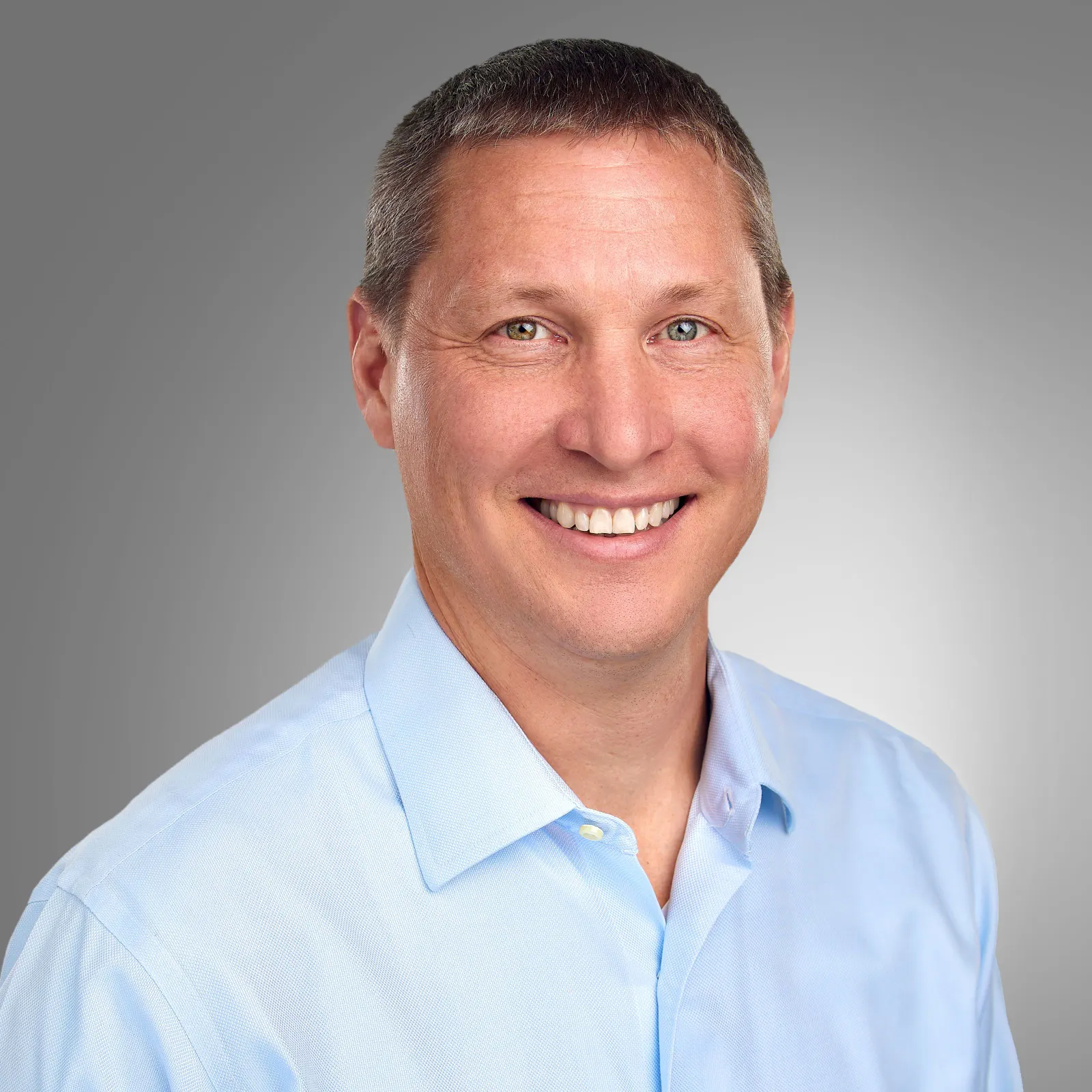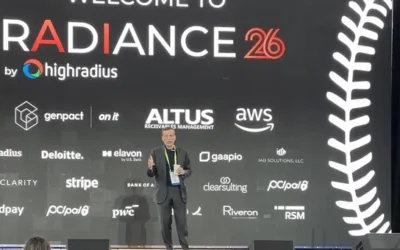Mike Cody isn’t disappointed when he meets investors who’ve never heard of iHerb. In fact, he’s happy to explain.
As CFO of an online supplements delivery business with $2.4 billion in revenue last year, he believes he has a compelling story to tell.
While iHerb has largely flown under the radar in the United States — about 85% of its business is from outside the country — it’s well known in other parts of the world. The company’s market extends to Singapore, Saudia Arabia, parts of Europe and elsewhere.
iHerb, which is headquartered in Irvine, California, had floated plans to issue an IPO in late 2021, but shelved them amid market fluctuations and the onset of Russia’s war in Ukraine. Russia, at the time, was the company’s largest market.
The supplement seller still hopes to go public eventually, but the company’s in no rush.
Cody joined iHerb after an “accidental” career in the gaming and gambling industry. Through a mutual connection, he landed a job as VP of finance for the now-shuttered horse racing track Arlington Park in 2000. He went on to hold the same role for a gaming subsidiary of the Churchill Downs racing complex, home of the Kentucky Derby. In 2015, Cody took on his first CFO role at gambling and sports betting firm Scientific Games, where he later led an IPO of a subsidiary.
In an interview with CFO.com, Cody talks through the current IPO market, managing cash flow for a global business and his approach to compliance and risk.

Mike Cody
CFO, iHerb
First CFO position: 2015
Notable recent employers:
- Arlington Park
- Churchill Downs Interactive
- Scientific Games
This interview has been edited for brevity and clarity.
DAN NIEPOW: You have a background in gaming and horse racing companies. What led you to iHerb?
MIKE CODY: So, I’m an accidental gaming and gambling guy. I didn’t plan on doing that; it just kind of worked out when I first started. I went to the University of Wisconsin-Eau Claire, and I wanted to get to Chicago afterwards, growing up so close to it. I had a good friend I grew up with who was in Chicago already, and he worked with a guy whose wife was friends with the wife of the controller at the racetrack. And that’s how I interviewed there and ended up in gaming.
That evolved into numerous roles. One of them led to overseeing an IPO with a company called SciPlay, which was a spin-off of Scientific Games. After that, I didn’t want to go back to being a divisional CFO. I wanted to go and apply what I learned in that first IPO in another one. As I heard from different recruiters, it was my belief that I could take my CFO role and apply it to other industries and companies.
Now, at iHerb, I’m in retail, but it’s e-commerce. So, it’s still the online world where I’ve been living for a long time. We are managing inventory and cash a lot differently than we’d do in a gaming company, but it’s not that far off.
How has your time in gaming framed how you think about compliance and risk?
Gaming and gambling are highly regulated industries. I had to get licensed in numerous places and fill out all kinds of paperwork in my prior roles. That set a foundation for the rest of my career. Compliance is important no matter what business you’re in. At iHerb, we’re exporting to 180 different countries, so there’s a lot of trade compliance that goes along with that. You can’t ignore those things.
The interesting part is that the regulations are always changing, especially when you’re doing business in so many different countries. You can see massive changes in regulation that have an impact on your business. Tariffs are a good example of that happening live. But we had it happen in a country like Brazil, where they changed some of their regulations, and we had to stop importing, get a new license and then start again. And so that’s just part of the business.
My mindset is: Regulation exists, but we can use it to our advantage.
iHerb confidentially filed for an IPO in July 2021, just before you started, but it didn’t go through. Would you consider taking the company public now?
We still have that in mind as a goal. That first time around was when Russia attacked Ukraine. At the time, Russia was actually our biggest market. So, on March 1, 2022, we decided to leave and lost $500 million of revenue essentially on that day. That, coupled with IPO market changes, led us to take a step back and rethink how we were running the business. At the time, the IPO market was rewarding a kind of “growth at all costs” mindset.
We made some hard choices, but we’ve kept an IPO in mind for when the time is right. We do think that’s an ultimate end goal. But now, we’re a much more balanced company on growth and profitability.
Based on your previous experience, what have been some of the most valuable lessons learned from the IPO preparation process?
As you’re preparing for an IPO, there will be a lot of people involved in that process from the outside. Banks, consultants and many other people will be telling you different things. You really have to filter that down to what applies to your business, and do what’s in the best interest of your own business. Make sure you’re true to your story, because you’re hearing the generic story from the banks. The banks have one goal in mind, and that’s getting you to go public. But it’s not necessarily in your best interest.
As you can imagine, we’ve had a lot of banks that come and tell us to go public faster, and that the market’s fine. But as a business, we want to make sure we’re prepared to be the best possible public company, not the fastest public company.
iHerb has fulfillment centers both here and abroad. How do you approach cash flow at a global business?
When I first started here, I thought a lot about how to relate to the whole company and what my CFO agenda and message would be. I very quickly landed on the idea of using the word “cash” so people understand what I’m doing.
Everybody has to deal with cash at home, so it’s very relatable. The one thing I’m known for in this company is cash. That’s become my nickname because I stand up in town halls and I tell the entire company from the warehouse on up that the one thing that matters most in this business is that we manage our cash well. We have so much inventory moving around the world.
We have a weekly [sales and operations] meeting, where we’re looking at our inventory. Those include about 20 people right now, including the CEO, myself, the treasury and the inventory management team, talking specifically about how much inventory we have, where it is and how we make sure we’re being as efficient as we can be. We’re also trying to avoid having out-of-stock items on our site; we don’t want to spend marketing money and bring people in and they find out they can’t buy it.
It’s a delicate balance, but it’s all about making sure we have more cash coming in than going out. That’s how I talk about the business to everybody.
How does iHerb compete with the likes of Amazon and brick-and-mortar retail?
Our mission is to make health and wellness accessible to all, and in my mind, our differentiator is trust. The things we’re selling are generally things you’re putting in or on your body, so you want to make sure they’re authentic. If you go on Amazon, you don’t necessarily know what you’re buying; it could be your neighbor selling out of his garage. Our products come from temperature-controlled facilities, and we have a chain of custody controlled throughout their journey.





